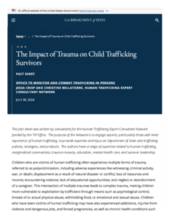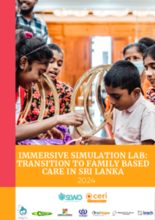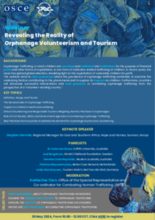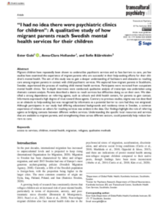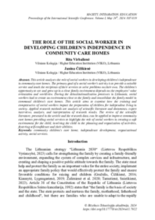Displaying 271 - 280 of 14551
This fact sheet was engages with experts, particularly those with lived experience of human trafficking, to provide expertise and input on the U.S. Department of State anti-trafficking policies, strategies, and products. The authors have a range of expertise related to human trafficking, marginalized communities, trauma recovery, education, mental health care, and survivor leadership.
The Care Leaders Council invites applications from passionate care-experienced advocates to join our global network of advocates championing the rights of care-experienced people and children without parental care.
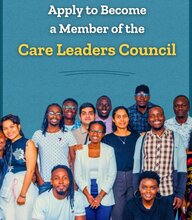
On March 20, 2024, an immersive simulation lab event took place in Sri Lanka. Child protection allies from the Western Province of Sri Lanka gathered for a hands-on experience aimed at transitioning from a system reliant on child care institutions to one focused on promoting family-based care and strengthening family initiatives.
The webinar aims to raise awareness about the prevalence of orphanage trafficking worldwide, to examine the underlying factors contributing to the phenomena and to explore its impacts on children. Furthermore, countries will showcase successful interventions and best practices in combating orphanage trafficking from the perspective of a “volunteer-sending country.”
Are you interested in children's rights? Apply for this exciting internship opportunity at the ISS International Reference Centre for the rights of children deprived of their family (ISS/IRC).
From 1819 to 1969, tens of thousands of children were sent to more than 500 boarding schools across the country, the majority run or funded by the U.S. government. Children were stripped of their names, their long hair was cut, and they were beaten for speaking their languages, leaving deep emotional scars on Native American families and communities. By 1900, 1 out of 5 Native American school-age children attended a boarding school. At least 80 of the schools were operated by the Catholic Church or its religious affiliates.
This webinar explored the importance of working across sectors to enable effective care reforms. Speakers focused in particular on work with social protection and education sectors, drawing on examples from Kenya, South Africa, Uganda and Rwanda.
Ever since she witnessed a Myanmar military air strike on her school in February, kindergarten teacher Mi Hser has been haunted by the memory.
This article aims to trace and present some themes on Sweden's history of transnational adoption, with a particular focus on the public debate and the different narratives that representatives of the adoption triangle—the adoptees, the adoptive parents, and the biological parents—tell when dealing with transnational and transracial adoption as a personal and political phenomenon.
This article aims to examine how the training and competencies of social workers during the deinstitutionalization processes in Lithuania impacted the preparation of children for independent living in society. The review of the scientific literature, presented in the article and the research data, can be applied to improve community care homes providing social services to highlight the role of social workers in creating a safe environment for the child, involving the child in the planning and organization of activities, fostering self-confidence and their abilities.

